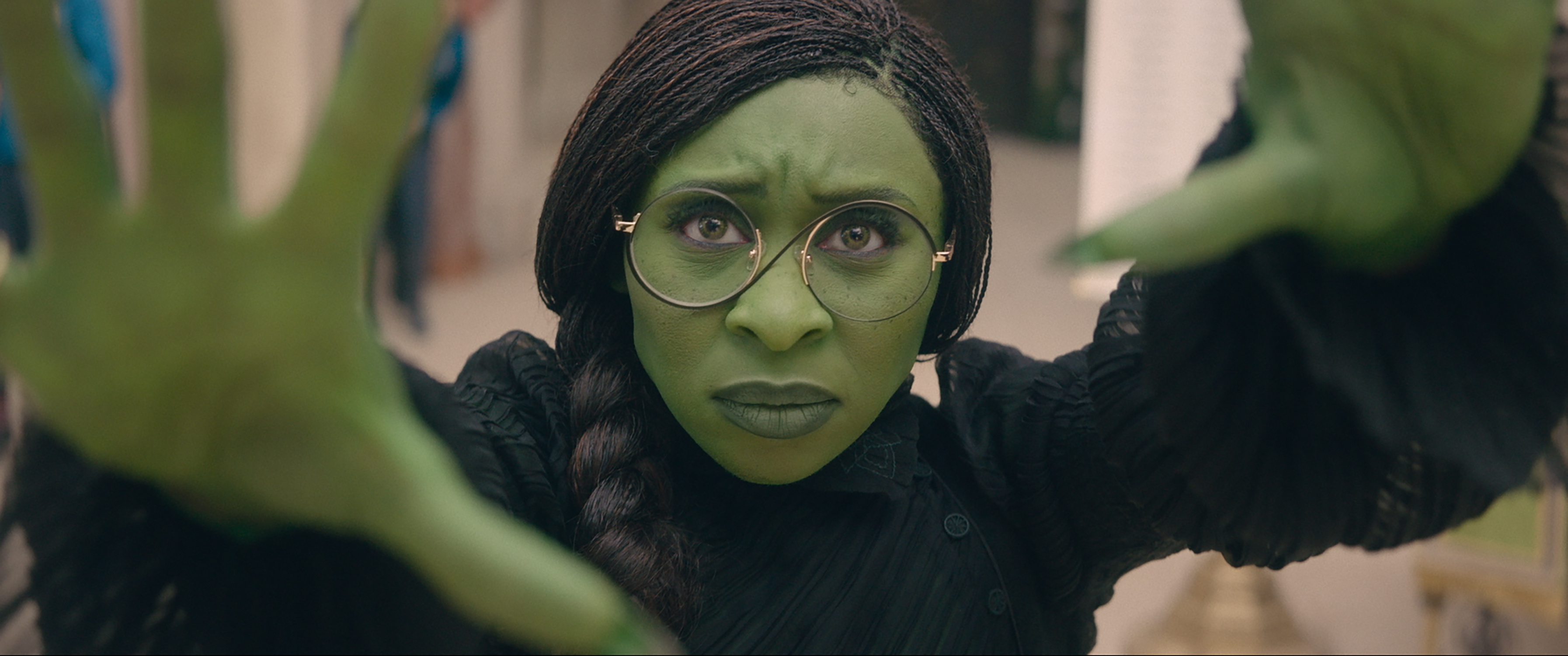BRITS spent 2.1billion hours watching Sky content in just the past six months alone.
It works out at 240,000 years of viewing — far longer than the entire span of recorded human history.
The figure is revealed in Sky’s first Attention Index, which measures the changing way in which we engage with what we watch.
It shows most people sit on their sofas scrolling on at least one other device with the TV on.
Over a third of Brits attempt to cook a meal while watching TV and four in ten have binged an entire series in one sitting.
There is so much TV choice that people spend an average seven minutes a day looking for something to watch — around 120 days of their lives.
That is part of the reason Sky makes use of voice commands — so people can ask for help.
Brits are even polite to robots, with viewers saying three million “pleases” and “thank yous” to their remote controls in six months.
The generational gap in how we watch is also widening, with 79 per cent of 18 to 24-year-olds viewing on phones, compared with 31 per cent aged 55 and 64.
The report also reveals 17-year-old darts sensation Luke Littler prompted a 200 per cent viewer increase for the PDC World Darts final, to an average of 3.1million.
And with Taylor Swift going out with NFL player Travis Kelce, there was a surge in female viewers for the Super Bowl, reaching 100,000 more women — a 93 per cent jump from the previous year.
‘Fans’ 50% extra live sport’ – writes Sky’s boss Dana Strong
AS a nation, we have watched one billion hours of sport on Sky so far this year — an average of over five million hours a day.
Of that, 313million hours of live football has already been viewed.
I am passionate about sport, particularly football, and played a lot, growing up — I was team captain and played in defence.
Watching sport does not just mean sitting on the sofa — we found it inspired adults to do 3.6billion hours of additional exercise in 2023.
And the British sports fan base keeps growing.
The number of women watching Sky Sports has jumped by 18 per cent.
We have more women watching tennis than men and there is a booming interest in Formula 1.
Just in time for the football season starting, Sky Sports+ is launching next month. It will give fans even more choice, with over 1,000 games — all at no extra cost.
What’s more, all 72 English Football League clubs will be shown at least 20 times.
Viewers can watch on Sky TV, Now TV and via the Sky Sports app.
With more content than ever, our customers can watch 50 per cent more live sport across Sky.
SPELL OF WORK
SKY Studios Elstree has led to the creation of over 7,500 jobs, across 19 productions.
The Hertfordshire site will generate an additional £3billion of production investment in the UK’s creative economy in its first five years.
Big-budget films including Wicked, starring Cynthia Erivo and Ariana Grande, the third Paddington film, Jurassic World and the fourth Bridget Jones film have all been shot at Sky Studios Elstree, which has 12 sound stages. Wicked — the upcoming film version of the hit stage musical — created over 2,000 jobs alone.
Sky CEO Dana Strong said: “The creative industry is one of the UK’s best growth opportunities.
“As the new Government looks for areas of economic growth, it’s important they continue to have policies that fuel this treasured asset.
“The world watches what the UK makes.”
REVOLUT LICENSED AS BANK
REVOLUT, Britain’s most valuable fintech firm, has finally received a banking licence, ending a wait of three-and-a-half years.
The finance app yesterday said the Bank of England had given it “authorisation with restrictions” — which means it can now ramp up plans to offer credit cards, loans, mortgages and savings accounts.
Revolut can also be a bigger rival to traditional banks and customers will get protected deposits for up to £85,000.
Boss Nik Storonsky called it an “important milestone in the journey of the company”.
Regulators had flagged its complex ownership structure and an incomplete audit of accounts two years ago, which delayed its licence approval.
Revolut is in the process of a staff share sale that could value it at up to £35billion.
The firm, which has nine million UK customers, made £1.8billion in revenue last year and had pre-tax profits of £437.8million.
GAS CASH COOLING
THE owner of British Gas says the energy market is “normalising” — as its profits tumbled from record highs.
Its profits fell by 84 per cent to £159million in the last six months from £969million last year, when Ofgem let it claw back more money from household bills after the energy crisis.
Chris O’Shea, boss of parent company Centrica, said the fall reflected “more normalised market conditions”.
Centrica profits fell to £1.04billion, from £2.1billion.
MEDICINE WARNING
THE UK may miss out on new medicines because of NHS spending rules, Astrazeneca has warned.
Pascal Soriot, CEO of the FTSE 100 drug giant, said that without a change to how treatments are assessed, “access to innovative new medicines will shrink and as a consequence patients will get hurt and the industry will invest less and less”.
His comments come as regulators are refusing to approve reimbursement for the firm’s breakthrough treatment for women with a type of incurable breast cancer.
AstraZeneca yesterday posted £19.8billion of revenues for the first half of the year.
HOME LOAN CHEER
THE boss of Lloyds has said the days of steep mortgage hikes are over and hailed the UK’s “resilient” economy.
Charlie Nunn, chief of the UK’s biggest mortgage lender, yesterday said that “mortgage pricing is going to stay pretty stable from here”.
He added that higher wages meant customers were saving more while business clients had higher cashflows.
There has also been a reduction in mortgage arrears.
Lloyds put aside £44million for bad loans in the latest quarter, much less than the £323million analysts expected.
It reported a 14 per cent drop in profits to £3.3billion in the first half of 2024.




